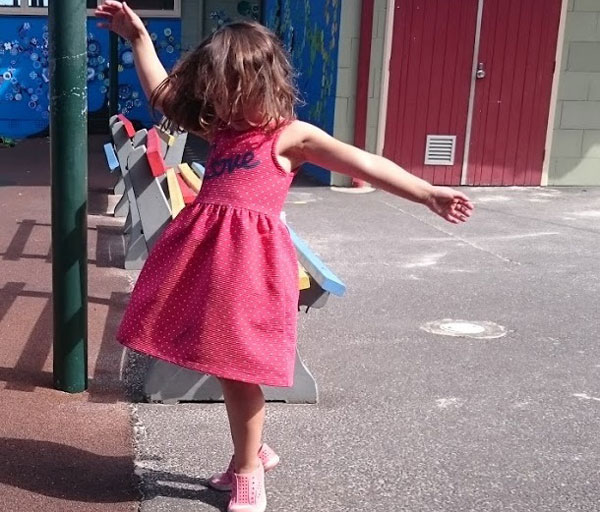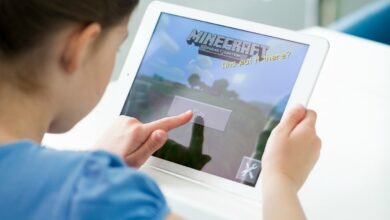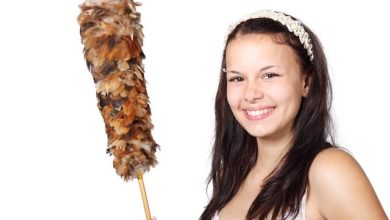Breastfeeding A Preschooler

Common Questions and Concerns
If you’d told me 8 years ago I’d have breastfed my first child for 3 year and my second would be still breastfeeding at 4 I would not have believed you. I thought I’d breastfeed for 6 months, that 12 months was pushing it, and 2 years was completely out of the question.
But here we are and everything is okay!
In my time breastfeeding I’ve heard (and read) it all. All the issues, concerns, questions and complaints people could possibly have about breastfeeding a child beyond X age (whatever that age may be!). I get that some people are just curious, or maybe they just don’t understand, and I like to think that if people really did understand what breastfeeding a preschooler is really all about, they wouldn’t be at all concerned.
So here goes:
“Breastfeeding after they’re eating food isn’t necessary!”
I actually agree that it isn’t necessary to breastfeed my 4 year old at this age at all – she had a very good diet, eats a wide range of healthy foods, she really would be fine without it.
That said, it is still good for her. Breast milk still contains valuable nutrients and continues to have immunological benefits – so while it’s not needed, it’s still healthy.
“When they can ask for it they’re too old for it.”
A newborn asks for a breastfeed by crying or nuzzling into you and latching onto what comes near their face. An older baby might tug at the your top and a toddler might just drive right in and try to fish it out themselves.
Now my 4 year old says “Can I have boobies please, Mummy?”
It’s all “asking for it”. At least now she’s usually very polite about it.
“How do you feed her with all those teeth?!”
My daughter started getting her first teeth really early, by 3-4 months she had a couple chompers. And chomp she did. It was MUCH harder to feed a bitey baby than it is now with a full set of teeth including a couple of molars. The thing that works now is if she is starting to get a little lazy with her latch and I need her to open her mouth properly or whatever else – I can just tell her. And she’s smart enough to realise she shouldn’t bite the boob that feeds her.
Also breastfeeding doesn’t damage their teeth – which is another common concern.
“It’s not for the child, it’s ALL about what the MUM wants.”
This point is the hardest to address, because it’s so wrong I barely even know where to start, but I see it all the time.
For one, going back to the point above, I can’t imagine putting my boob anywhere near the mouth of a child that doesn’t want to breastfeed (ouch)! Also, while I don’t mind breastfeeding her, there’s been many times where it’s been draining, overwhelming, even isolating when you’re breastfeeding a toddler or child and you feel like you’re not supposed to talk about it anymore.
And even though there are times where I quite like breastfeeding, it’s all cosy and bonding, the thing about breastfeeding is that it’s a day in, day out, commitment and while it’s okay to have boundaries and say no, it’s not like I only breastfeed her when I want to.
So, I really can’t see how breastfeeding could be all about me and what I want.
“You’re The Parent – Just Say No!”
This is usually the response to the above explanation. If the child actually wants to breastfeed, so it’s not for my benefit, the obvious solution to this “problem” is to just take charge of the situation and wean her.
But really the only thing I need to say no to at that stage is this conversation. Because there’s no way to convince someone with this attitude that breastfeeding a preschooler is an acceptable parenting choice.
I AM the parent and this is my choice.
“What about time away from your child?”
At this point in my life I’m feeling like I’ve never had so an active a social life. I go out, I even drink, I can leave my daughter overnight – or for a few nights! Last year I went on two little holidays all by myself. She goes to preschool 3 days a week, which doesn’t make much difference to breastfeeding seeing as she’s down to one feed in the morning and one at night. Breastfeeding, especially a toddler or preschooler, doesn’t mean you’re tied to the child at all times. Just means depending on how long you’ll be apart, you might need to take a breast pump with you!
“Does breastfeeding make the child being overly attached or dependent?”
Unless I actually tell people that I’m still breastfeeding my 4 year old, nobody would know. She doesn’t behave any differently from her peers. She doesn’t struggle with separation anxious any more than is normal for her age. When we’re out she rarely clings to me, she’d rather be off playing with her friends and at this age and she doesn’t breastfeed while we’re out anymore. It’s something that happens at home at bedtime and that’s it. See above – I can leave her for the day, evening or even overnight and she’s perfectly fine. It’s just me and my boobs that start to suffer if I’m away from her for too long (especially if I forget the breast pump!)
“If you want your child to have breast milk, why not just express and put it in a cup?”
This a common suggestion and I appreciate that people are at least trying to come up with some kind of compromise, because they recognise that breast milk itself doesn’t have a nutritional time limit. However, because pumping is hard work and doesn’t even always work for everyone – it’s pretty difficult for me – it’s a lot of effort to go to for no real reason. If a child wants to breastfeed, and the mother is happy to breastfeed them – “straight from the source” – I’d ask people to really examine why it is that they think it’s unreasonable. If there’s no harm being done, what’s the point of all that pumping?
Also, if you pitched the idea to my 4 year old; “You can have breast milk in a cup, but no more boobies.” She would absolutely not have a bar of it. She wants to breastfeed just as much as she wants the milk.
“I didn’t breastfeed my toddlers/preschoolers and they turned out fine.”
I don’t doubt for a second that they are perfectly healthy without being breastfed. It’s just a different choice. One that is harmless, natural, and appropriate. As parents we all have to navigate through what works for us and what we think is best for our children.
“What About When They’re 6/10/16?!?!?”
This has come up a couple of times for me. I think what happens is a person thinks breastfeeding is only for 6 months or 12 months and suddenly they’re confronted with the idea of someone breastfeeding four times longer than they thing is normal and acceptable, they seem to think that all limits are off the table. And in that moment they can’t differentiate between breastfeeding a preschooler can breastfeeding a preteen.
I think this comes from not trusting breastfeeding. If you trust that a breastfed child and breastfeeding parent know what they’re doing and you believe that that breastfeeding is safe and normal, then you won’t have to worry about what happens if they somehow accidentally keep breastfeeding their child for too long.
Because, trust me, no 10 year old wants to breastfeed and nobody wants to breastfeed a 10 year old.
I hope that helps people to understand a little bit more about why some mothers – and their preschoolers – choose to continue to breastfeed and that some people can be a little bit more gentle on the mums who make that choice.




Well said!